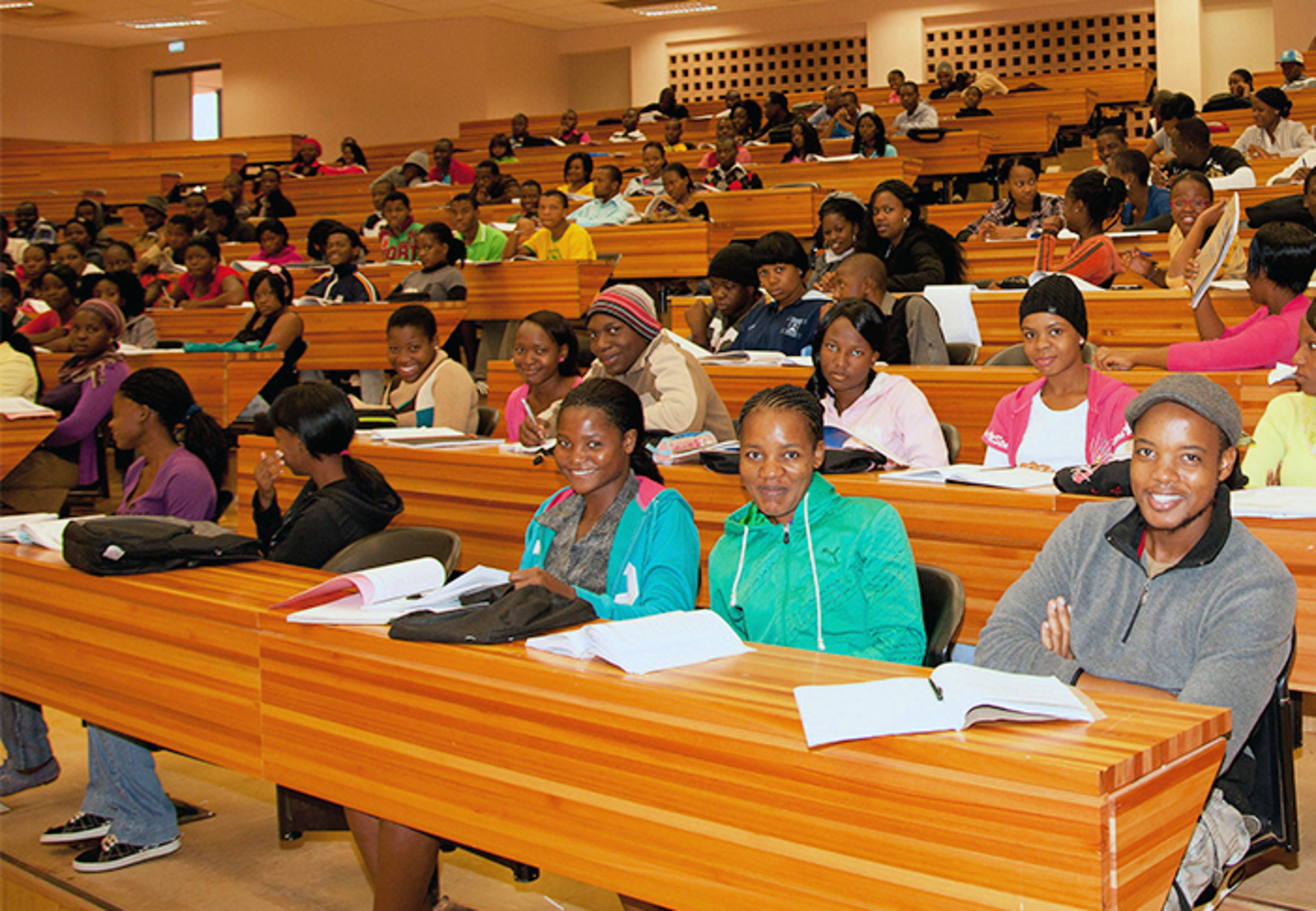
With help from Guilford faculty and students, the incubator will help South African students convert their business ideas into marketable products and programs.
“This program will help channel the entrepreneurial spirit of young South Africans and structure their efforts, making them better prepared to create sustainable businesses once they graduate. "We are extremely pleased to be working with Guilford College on this innovative and impactful project.”
The U.S. Embassy in South Africa has awarded Guilford College a $169,000 grant to help build a virtual incubator for training and supporting South African university students interested in entrepreneurial ventures.
The incubator, a collaboration of Guilford faculty and students and their counterparts in South African universities, aims to help South African students convert their business ideas into marketable products and programs by providing them the opportunity to work alongside established professionals and incorporating best-practice startup methods.
President Kyle Farmbry says the project will provide Guilford students an opportunity to travel to South Africa and work with students at universities throughout the country. “This is going to be a wonderful opportunity for students in both countries to learn more about each other, collaborate and effect change,” Kyle says. “I’m excited about the potential this grant has for Guilford and South Africa.”
Kyle anticipates a delegation of Guilford students working side by side with South African students as early as next summer.
The incubator will include a series of virtual, in-person and hybrid activities. The goal of the grant is to establish 20 student-led South African enterprises by the end of 2025 with at least 200 South African students taking part in the incubator’s training programs.
Ruben E. Brigety II, the U.S. ambassador to South Africa, says expanding equitable economic prosperity and job creation are cornerstones of the U.S.-South Africa relationship. “This program will help channel the entrepreneurial spirit of young South Africans and structure their efforts, making them better prepared to create sustainable businesses once they graduate,” he says. “We are extremely pleased to be working with Guilford College on this innovative and impactful project.”
The grant is the latest collaborative agreement between Guilford and South Africa. Earlier this year, the College signed memorandums of understanding (MOUs) with two South African universities – Pretoria and Venda – to enter into faculty and student exchange programs as well as joint research projects that will benefit both schools.
“We’re building on those MOUs with this incubator,” says Kyle.
Kyle says the incubator will help students develop a viable concept and help them take the product or service to market. Unlike many American entrepreneurs who focus on high tech ventures with big returns, Kyle says the need for startups in South Africa are often smaller in scale.
The unemployment rate for South Africans between the ages of 15 and 24 hovers around 60 percent. Kyle says he expects startup projects generated by the incubator will be driven less by a return on investment and more by the number of jobs they create.
“We don’t need to only see businesses that are going to come out of this with a high anticipated return. There might be some things that are lower tech, low return but will help with job creation and economic impact,” he says.

